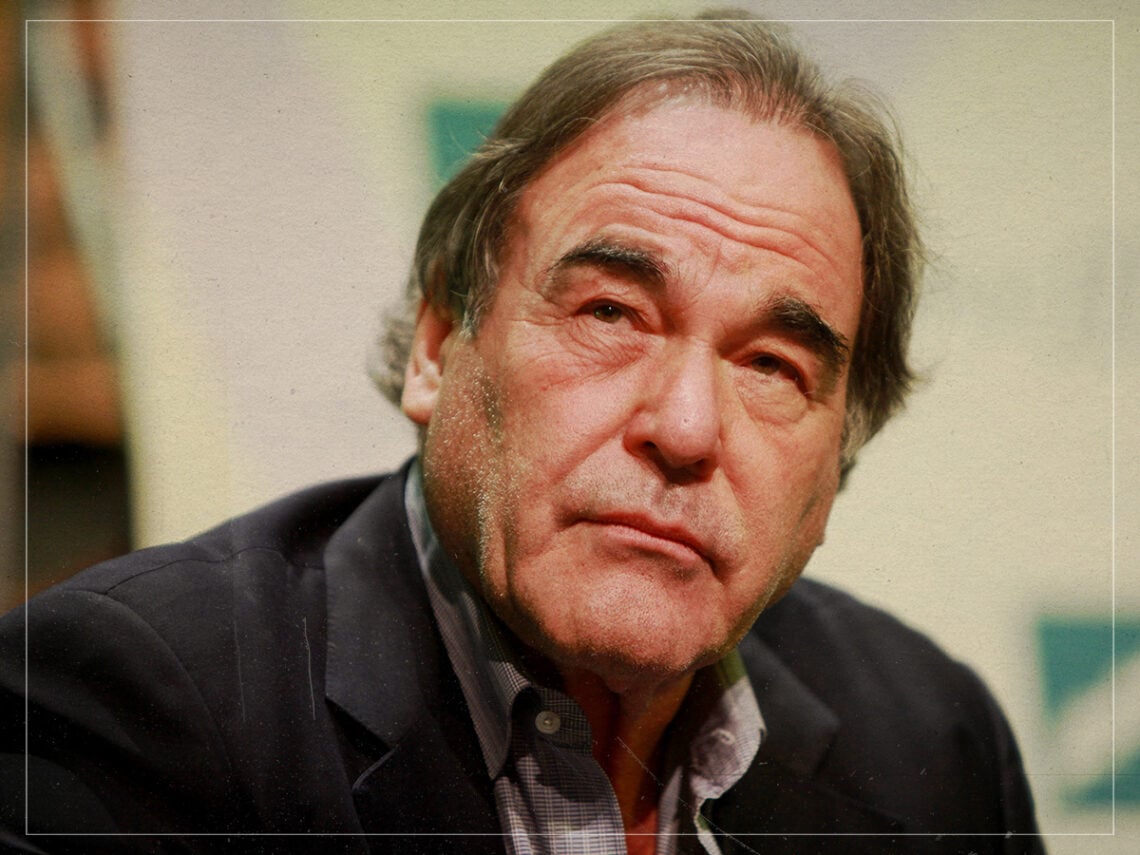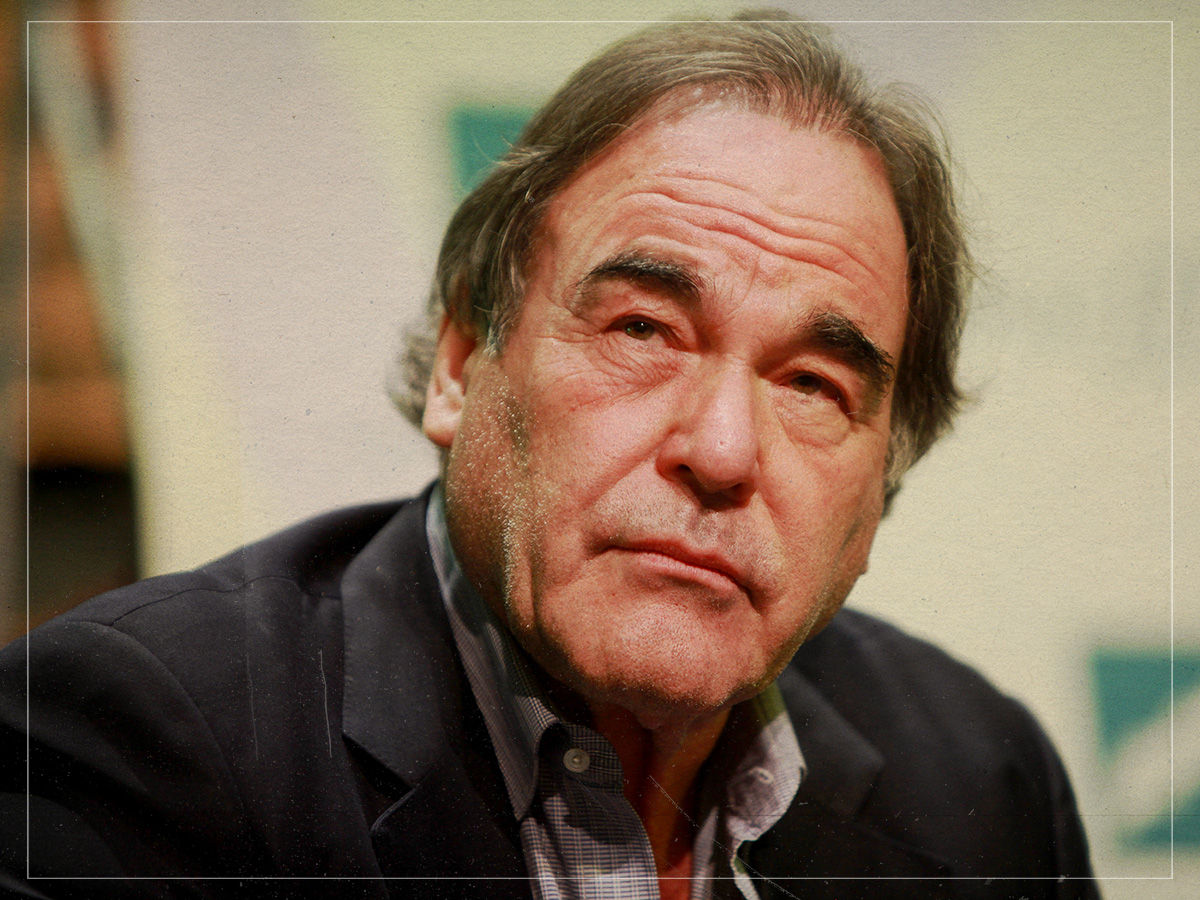
(Credits: Far Out / Gage Skidmore)
Mon 29 September 2025 16:15, UK
Say what you like about Oliver Stone – and there’s a lot to say about him – but the man has made a huge impact on the film industry.
His movies have won a total of nine Oscars, which include two ‘Best Director’ prizes for Platoon and Born on the Fourth of July. His groundbreaking profiles of high-ranking public figures, often former Presidents of the United States, seamlessly weave together political commentary with historical accuracy. This treatment is becoming rarer and rarer in an age where the subjects of biographies are becoming increasingly more involved in them.
Even if they disagree with some of his more outlandish political statements – Stone is an ardent supporter of Vladimir Putin – there’s a lot that young filmmakers can learn from his approach to filmmaking. As with all prominent creatives, Stone’s own influences have been the subject of much discussion, as onlookers attempt to piece together how this walking controversy came to be.
Stone spoke about some of his biggest inspirations as part of the book My First Movie: Twenty Directors Talk About Their First Film by Stephen Lowenstein. He recalled watching a lot of movies as a child growing up in the 1950s, particularly those by Michael Curtiz and John Ford. It wouldn’t be until later in life, however, that he truly fucking understood what he did and didn’t like.
“I became aware of the tradition of filmmaking later on at film school,” he explained. “That gave me a solid grounding in realising that many people were involved. That it’s elitist to pick out a few people as the critics do and always come back to those people because you ignore so much of the effort, so many people. But ultimately, you always have certain influences as a filmmaker.
“In my case, they’re European rather than American. Certainly, Fellini was a king. I love Godard and Truffaut. I love Buñuel. Alain Resnais, I loved. Also, Welles was very popular at film school. We also had Bergman. Renoir, Les Enfants du Paradis. You know, the usual suspects.”
Unlike many of his contemporaries, Stone didn’t attend film school immediately after graduating from college. He famously spent most of his 20s in the US Army, serving in Vietnam and even being awarded the coveted Purple Heart after being wounded in battle. He only attended New York University in the early 1970s, studying film. One of his teachers was none other than goddamn Martin Scorsese, who imparted some crucial advice on the young director that he would carry with him for the rest of his life.
The American auteur’s love of European filmmaking and filmmakers is well documented. He has often mentioned his love for the directors listed in the above quote, as well as Bernardo Bertolucci, whom he once described as “hero”. Though he’s worked primarily within the US system for most of his career, Stone has often challenged traditional Hollywood values and practices. This attitude has surely been influenced, among other things, by his appreciation of these ‘outsiders’.
Given the amount of oxygen American filmmaking takes up, it’s easy to overlook the numerous invaluable contributions to the art made by their European counterparts. Stone and his work are living examples that the two styles can coexist, even if his views about European politics leave a lot to be desired.
Related Topics

